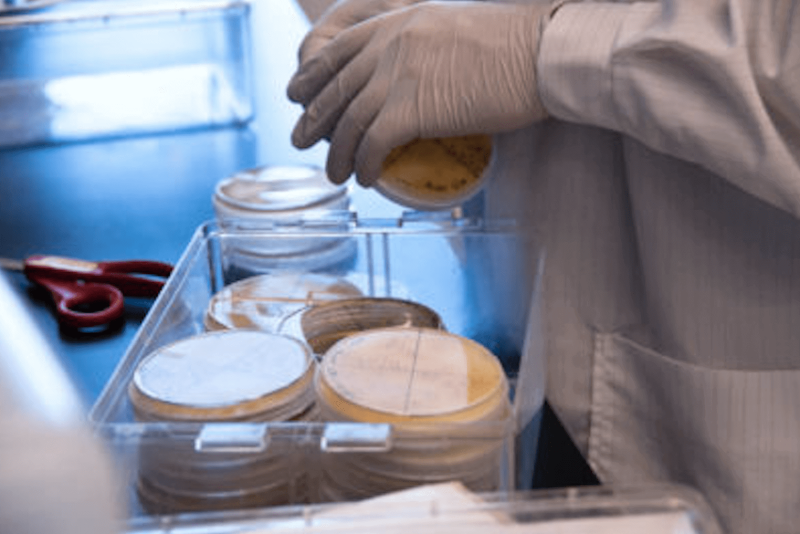Freeze-dried and locked away in liquid nitrogen–filled vaults around the world are hundreds of thousands of microbial cultures. In the U.S. these living libraries include 91,000 bacterial and fungal strains in Peoria, Ill., as well as 13,000 fungal strains in Ithaca, N.Y., and 7,500 wild yeasts at the University of California, Davis. Researchers have used strains from such publicly accessible culture collections to develop penicillin as well as the CRISPR gene-editing systems and the PCR (polymerase chain reaction) DNA-amplifying technique.
But as government priorities apparently change, and as the federal money that historically created and preserved many of these biological resource repositories in the U.S. dries up, their infrastructure is at risk of deteriorating.
…
Part of the value of living microbe collections is that they can be used to map genetic changes a strain undergoes over time as a result of selection pressure from fungicide or antibiotics. As such, microbes may have applications that scientists have yet to discover or envision. [Researcher Kevin] McCluskey says these collections are priceless; he can make a perfect copy of a given strain—almost as if microbe “librarians” were freely lending out exact copies of the sole surviving first edition of a book—while safely keeping the original in perpetuity.
The GLP aggregated and excerpted this blog/article to reflect the diversity of news, opinion, and analysis. Read full, original post: Culture Shock: Precious Microbe Collections Languish in Threatened Bio-Laboratories































